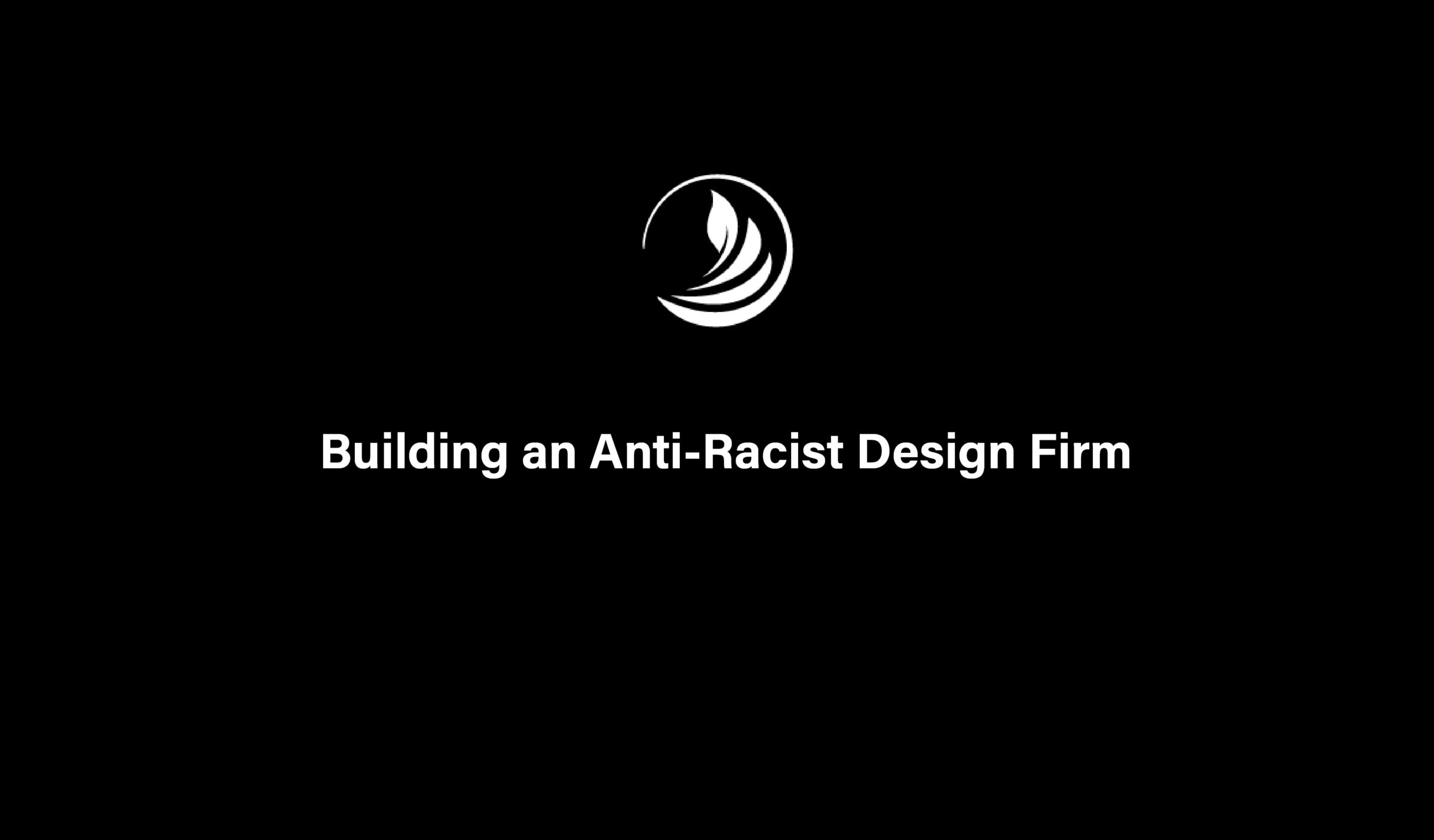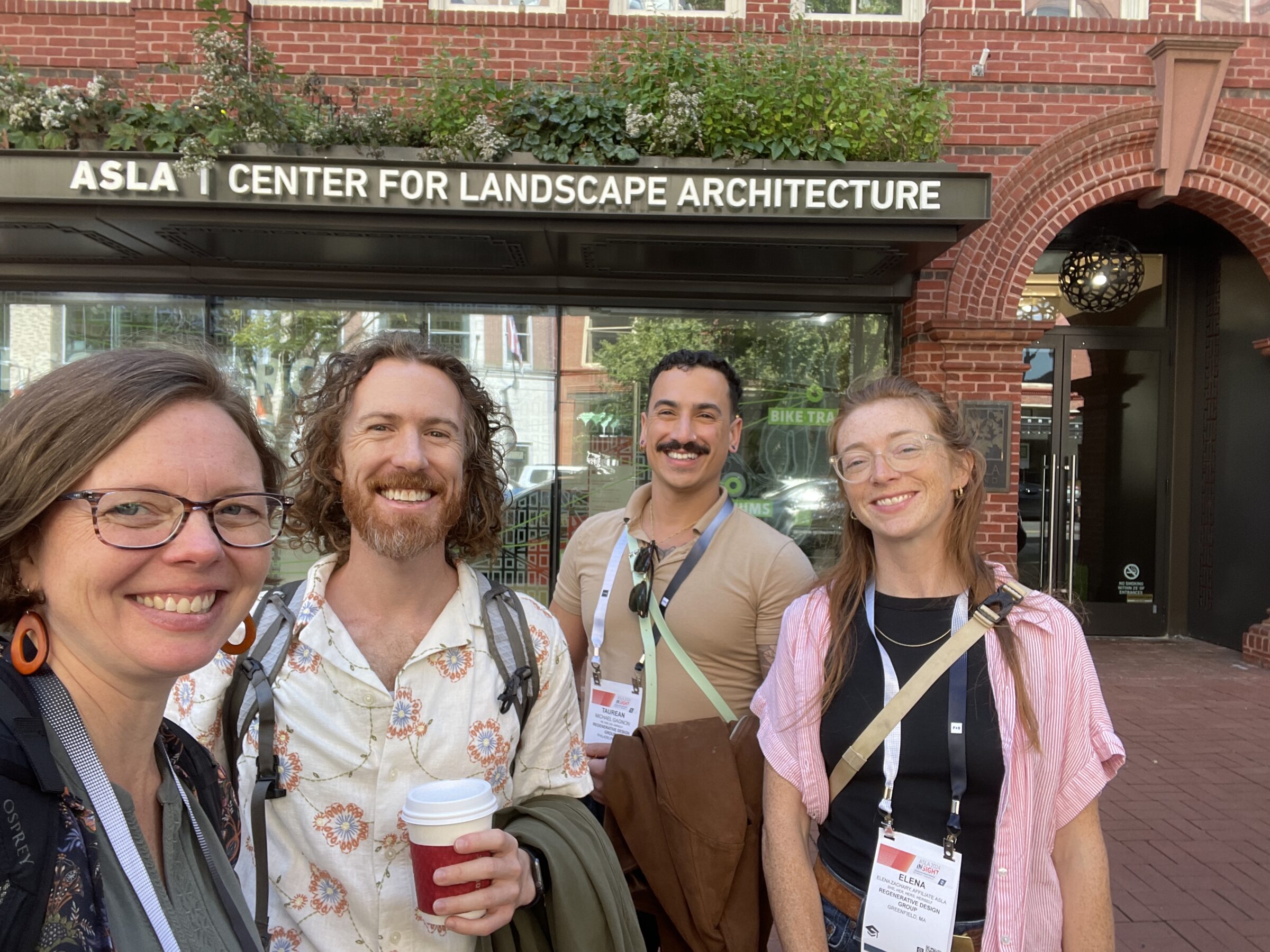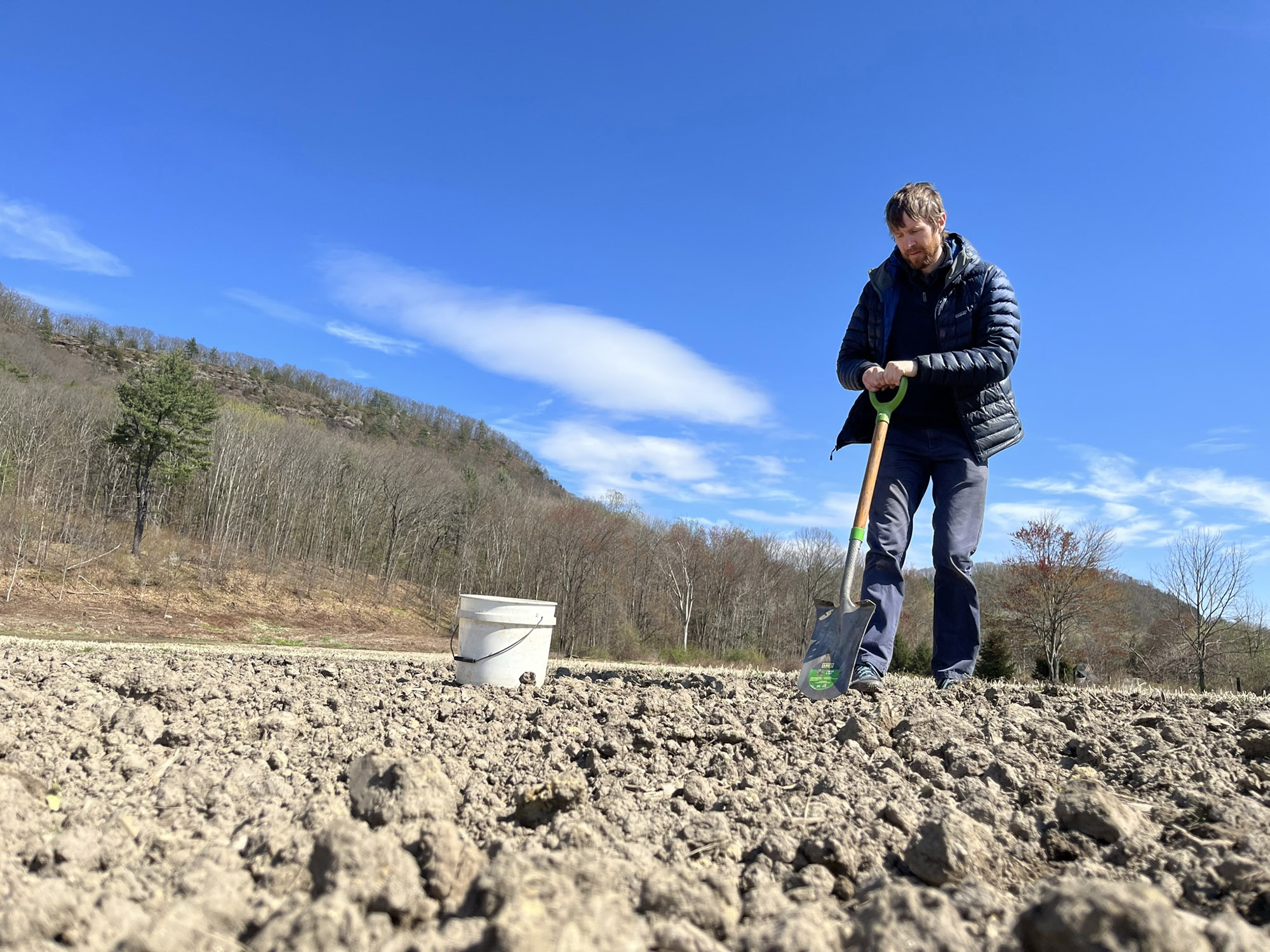
Building an Anti-Racist Design Firm
What does it mean to be an anti-racist design firm? How does racism frame and structure the field of landscape design and planning? How do we, as a firm, collectively address and respond to the intersectionality of ecological justice and racial justice? Does our work accurately reflect our social and environmental values? What actions can we take to rectify the imbalance of power, opportunity, and representation within our field?
These questions are among many we are asking ourselves over the past few months – and ones we hope to delve into with intention and sustained effort.
Regenerative Design Group was founded a decade ago as a values-driven design firm, intent on creating productive landscapes and resilient communities through ecological design. It’s no small thing that much of our work – from regenerative agriculture planning to homestead design – depends on land access and/or home and land ownership – privileges that have been systematically denied to black and brown people. This fact is only one of many that challenges us to think differently about the work we do.
In order to figure out how to move forward, we’ve decided to use our bimonthly Lunch Discussions to learn more about how landscape studies, landscape architecture, landscape conservation, agriculture and food systems, land access and ownership, public space, and planning efforts perpetuate racist structures. Building a shared understanding of how our work subtly and overtly contributes to inequality in the built landscape is essential to taking meaningful action. These conversations feel especially relevant as we transition the business to a worker-owned cooperative, and find opportunities to more explicitly address racial, social, and environmental justices issues in our operating agreements.
We will periodically share about what we’re learning and the actions we’re taking. And we look forward to starting conversations with others in the fields of design, planning, regenerative agriculture, and conservation who are grappling with similar questions.



Comments (0)